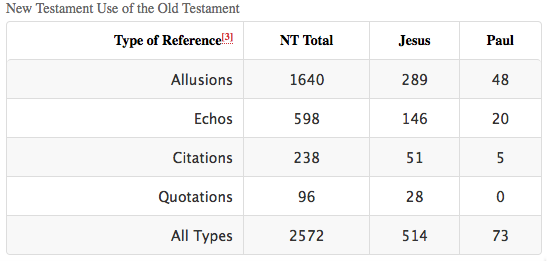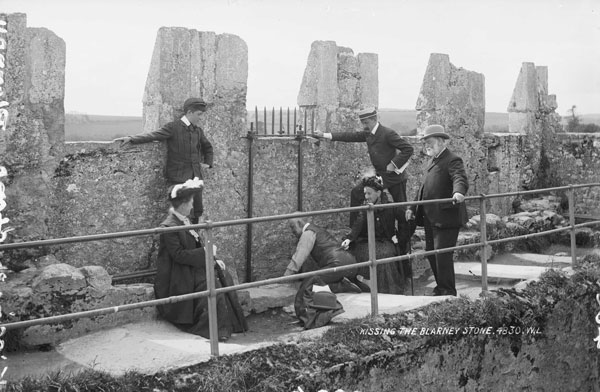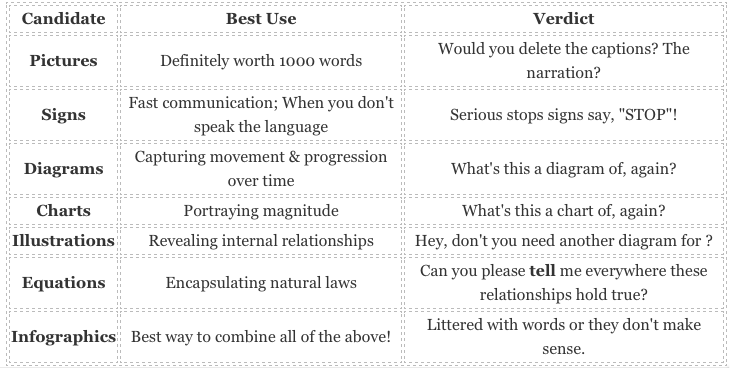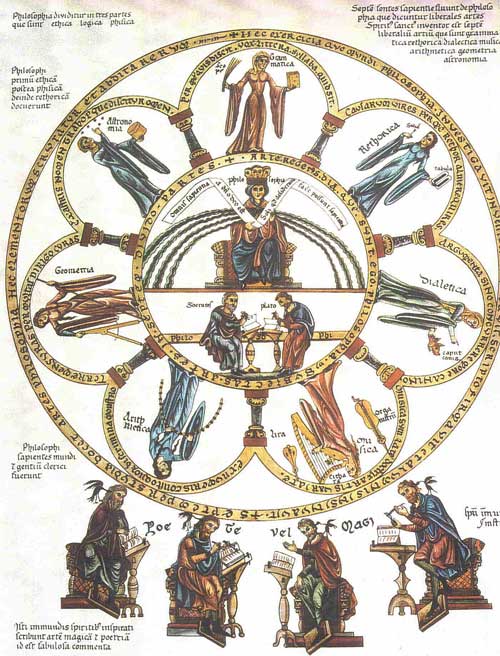In a world of information overload, whoever appears to be the most reasonable can influence or control the overloaded.
There’s no historical precedent for the amount of information the average person has at their fingertips, today. Anyone with a phone can bring libraries of information to bear on each and every decision.
But information is not knowledge. And knowledge is not wisdom. Without wisdom, it’s hard to tell what information applies to which decision.
This challenge, to the average person, is an opportunity for:
- Those who would seek to influence.
- Those who would seek to control.
Influence vs. Control
Whether influence is good or bad can only be determined by context and discernment. For now, I’ll confine “influence” to that with no destructive intent.
Control, on the other hand, is the desire to obtain consent for the purpose of domination. I’ll explain why consent is necessary, later in this article.
How can you tell whether someone is seeking benevolent influence or destructive control?
Those Seeking Influence …
… behave like vendors in a marketplace. They present the pros and cons of an idea or product and leave you to decide for yourself.
Those Seeking Control …
… bully, rather than inform or persuade. For example, any one of Schopenhauer’s 38 stratagems might be used to give the appearance of being right; with little or no interest in actually being right:
- The Extension (Dana’s Law)
- The Homonymy
- Generalize Your Opponent’s Specific Statements
- Conceal Your Game
- False Propositions
- Postulate What Has to Be Proved
- Yield Admissions Through Questions
- Make Your Opponent Angry
- Questions in Detouring Order
- Take Advantage of the Nay-Sayer
- Generalize Admissions of Specific Cases
- Choose Metaphors Favourable to Your Proposition
- Agree to Reject the Counter-Proposition
- Claim Victory Despite Defeat
- Use Seemingly Absurd Propositions
- Arguments Ad Hominem
- Defense Through Subtle Distinction
- Interrupt, Break, Divert the Dispute
- Generalize the Matter, Then Argue Against it
- Draw Conclusions Yourself
- Meet Him With a Counter-Argument as Bad as His
- Petitio principii
- Make Him Exaggerate His Statement
- State a False Syllogism
- Find One Instance to the Contrary
- Turn the Tables
- Anger Indicates a Weak Point
- Persuade the Audience, Not the Opponent
- Diversion
- Appeal to Authority Rather Than Reason
- This Is Beyond Me
- Put His Thesis into Some Odious Category
- It Applies in Theory, but Not in Practice
- Don’t Let Him Off the Hook
- Will Is More Effective Than Insight
- Bewilder Your opponent by Mere Bombast
- A Faulty Proof Refutes His Whole Position
- Become Personal, Insulting, Rude (argumentum ad personam)
Personal Favorites
- Declaring as “over”, debates that have hardly begun.
- Declaring as “debunked”, valid concerns yet to be addressed.
- Declaring as “discredited”, persons of integrity.
- Declaring as “concluded”, discussions that have hardly begun.
- Threats in lieu of persuasion.
- Imposing artificial deadlines for a decision.
- Declaring that “everybody does it” while providing no specific examples.
All of the above are attempts to deceive, rather than inform or persuade.
The Debate is Over!
Whenever I hear someone say, “The debate is over”, I know an end has been pronounced by someone desperate to avoid a beginning. I also know that the one making the pronouncement has made an investment, either monetary or emotional, that debate would put in jeopardy.
Global/Climate (Cooling | Warming | Change)
The first time I heard the phrase “Global Cooling” was in a sentence declaring the debate about it to be over. The phrase was then changed to “Global Warming” in the same sentence declaring that debate to be over, as well.
Finally, the phrase was changed to something for which no debate is necessary: “Climate Change”. Indeed, climate is 100% guaranteed to change, forever!
The debate is over on a lot of things: ocean waves, morning dew, childish innocence. If the debate about something is declared to be over before it’s even begun, the one making the declaration has something to hide.
The Information Advantage
Due to the amount of information available, those who seek control must compete in the “marketplace” of ideas. They must not only to appear reasonable, but the most reasonable among competing alternatives. This “most reasonable” appearance must persist for as long as it takes to obtain a lasting form of control. The best of these is a binding contract, either signed or opted into.
Consent is Required for Lasting Control
Without consent, control is temporary. It lasts only as long as you remain fooled.
With consent, however, control lasts for the length of the contract.
The Jurisdiction of Reasonableness
Mere opinions, and the bullying tactics used to get them accepted, don’t matter unless there’s a valuable jurisdiction to be gained, and a judge to decide who gains them.
Those who don’t seek control rarely think about things like jurisdictions and judges. Those who do seek control, however, think about little else. They spend most of their time campaigning for appointment, by you, to be a judge in one of the most important jurisdictions of all: your mind.
Your mind is not only a jurisdiction, but the deciding jurisdiction of all others.
Agreement Types
Contractual opt-ins are becoming more and more subtle. For example, the mere breaking of a plastic seal on the box for a TV or appliance, is the opt-in for many EULAs (End-User License Agreements).
Still, an actual signature “on the dotted line” of a contract is the best legal mechanism of control.
The Debt-Contract Example
Only a handful of contracts, spread across the 7 Matters of Life, are needed to control most aspects of life. Three debt-contracts illustrate the point:
- Student loans — 10 Years.
- Car Loan — 5 Years.
- Mortgage — 30 Years.
One of these three contracts enslaves a large percentage of the world. To avoid that fate, consider two questions, before signing one of them:
- Are you fully aware of the educational, transportation, or housing alternatives that would fill these needs without going into debt?
- Do you not know that, if you present yourselves to anyone as an obedient slave, you are a slave of the one whom you obey? (Romans 6:16)
Some Legal Terms
Contracts are as good, or bad, as the words they contain.
Most liberties are not “lost” or “stolen”. They are surrendered, voluntarily, through legal contracts. It’s worth understanding some legal terms around such contracts.
To bear witness v. — To solemnly assert something, offering firsthand authentication of the fact; often concerning grave or important matters.
Truth (quality) n. — Conformity to reality or actuality; often with the implication of dependability.
Message — truth n. — A message that conforms to reality or actuality; whether historical (in space and time) or supernatural.
The Usual Campaign Sequence
The campaign to become an appointed judge in the jurisdiction of your mind follows a usual sequence. Think of it as a sales pitch, because that’s what it is.
- I am the most reasonable and provide the best options.
- You are less reasonable with limited options.
- “Those who love the truth hear my voice”1, and sign my contract.
Conclusion
Your mind is the deciding jurisdiction of all others, and you are its primary judge. The cost of retaining this position is choosing the highest source of truth, exploring all options available, and solving problems with a commitment to remain debt-free.
Pay whatever cost necessary to remain the primary judge of the jurisdiction of your mind. If you forfeit that position, all that isn’t immediately lost, is exposed to loss.
In a world of information overload, whoever appears to be the most reasonable can influence or control the overloaded.
- John 18:37 (ESV) ↩












